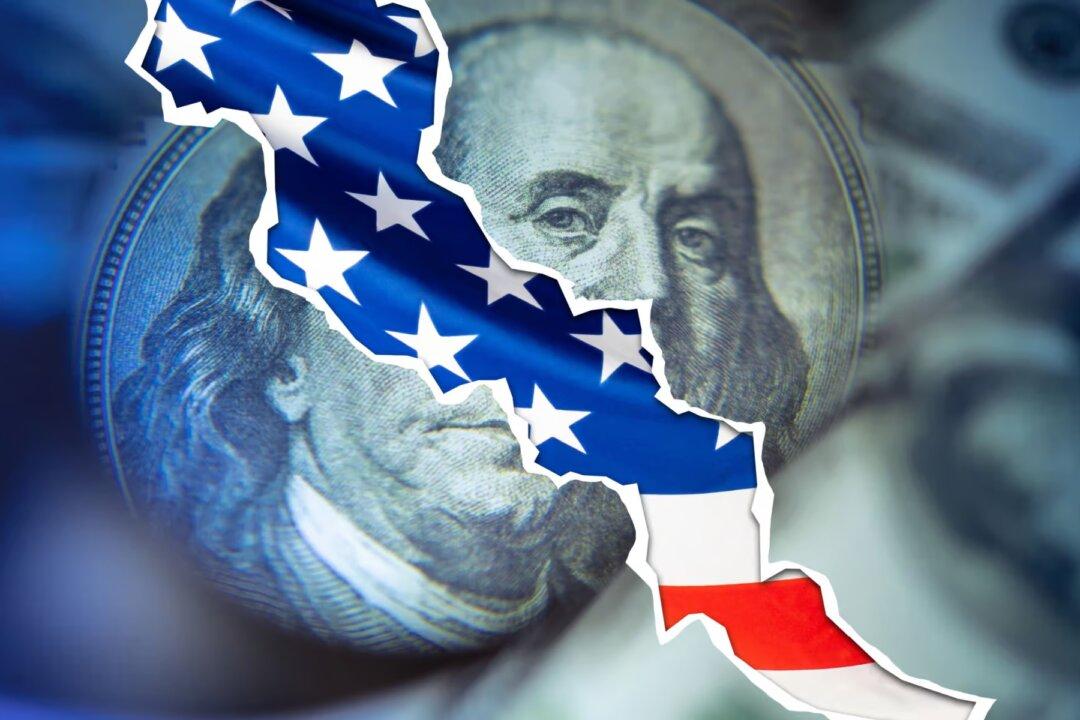Commentary
Fresh gross domestic product (GDP) numbers came in, and it was a blowout. The kind of blowout that only a $2.7 trillion government deficit can buy while the private economy crumbles around it.

Fresh gross domestic product (GDP) numbers came in, and it was a blowout. The kind of blowout that only a $2.7 trillion government deficit can buy while the private economy crumbles around it.